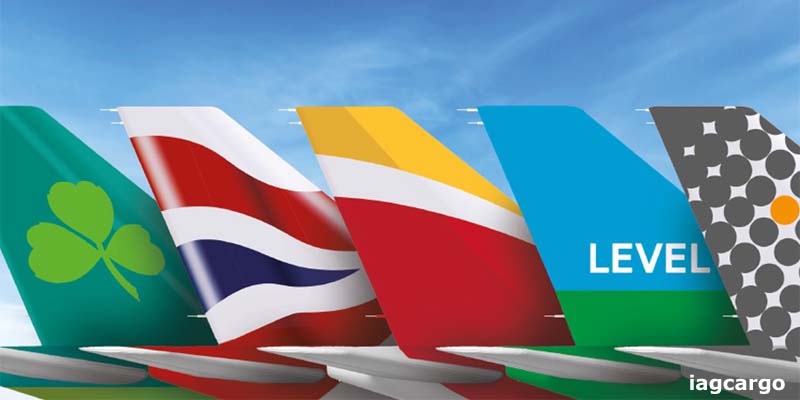IAG, the group to which Iberia, British Airways, Vueling, Aer Lingus and LEVEL belong, has planned that the group’s capacity this year will be 63% less than in 2019, increasing this reduction from 59% due to new travel restrictions and quarantine requirements that have been reintroduced by some countries.
See also: Luis Gallego becomes CEO of IAG.
By the third quarter of 2020, the company expects capacity to be reduced by 78%, while by the fourth quarter it will be reduced by 60%. By 2021, it estimates that capacity will be reduced by 27% compared to 2019.
Although these estimates have lowered capacity rates, the Group remains confident of reaching “break-even” in terms of net cash flows from operating activities during the fourth quarter of 2020.
See also: LEVEL will restart its flights between Barcelona and New York.
The expectation of the group is that the capacity will not recover its pre-crisis levels until at least 2023. IAG believes that if this planning worsens, it is more likely to be due to travel restrictions than to a return to full confinement.
The group’s airlines began to record a significant increase in bookings of up to 30% compared to the previous year at the end of June, following the reopening of borders in the European Union. Domestic flights led the recovery, followed by international long-haul and short-haul flights.
Since July, IAG has experienced a general stabilization of reservations. In the short term, stocks have declined slightly following the reintroduction of mandatory quarantine by the UK and other European countries.
In addition, IAG has observed a slow recovery in long-haul flight bookings, affected by remaining travel restrictions to many long-haul destinations, including North and South America. Long-haul flight bookings have increased slightly since mid-August where travel has reopened without border restrictions or quarantine requirements.
Nearly 8 Billion in Liquidity
The group had a total liquidity of 7,600 million euros at 31 August 2020, of which 5,800 million corresponded to cash, cash equivalents and interest-bearing deposits, while 1,800 million euros were from general resources and unused and committed aircraft.
The cash at the end of August included a payment of approximately
million pounds sterling (824 million euros) from American Express, a significant part of which consisted of a pre-purchase of Avios points.
IAG has implemented several restructuring plans to address the crisis. For example, British Airways (BA) is in the process of reducing its workforce by up to 13,000 employees. By the end of August, the workforce had been reduced by more than 8,236 due to employees leaving the company, mostly as a result of voluntary redundancies.
British Airways has signed employment agreements with its pilots, technicians and customer service staff at Heathrow Airport (London). With regard to cabin crew, an agreement has been reached in principle with Unite and a round of consultations is expected to take place shortly. Meanwhile, other consultation processes continue, including discussions with Heathrow’s ground services staff.
Iberia and Vueling continue with temporary employment regulation (ERTE) proceedings, which they expect the government to extend until 2021. Aer Lingus has implemented wage and hour reductions across the airline and plans 250 voluntary layoffs by the end of 2020.
IAG expects to report restructuring charges of about 330 million euros in its 2020 results associated with these personnel restructurings.
On Thursday, the group announced that it will increase capital by an effective amount of 2,741 million euros with preferential subscription rights in order to strengthen the group’s balance sheet, reducing its leverage and increasing its liquidity position.
By EuropaPress
Líder en noticias de aviación
